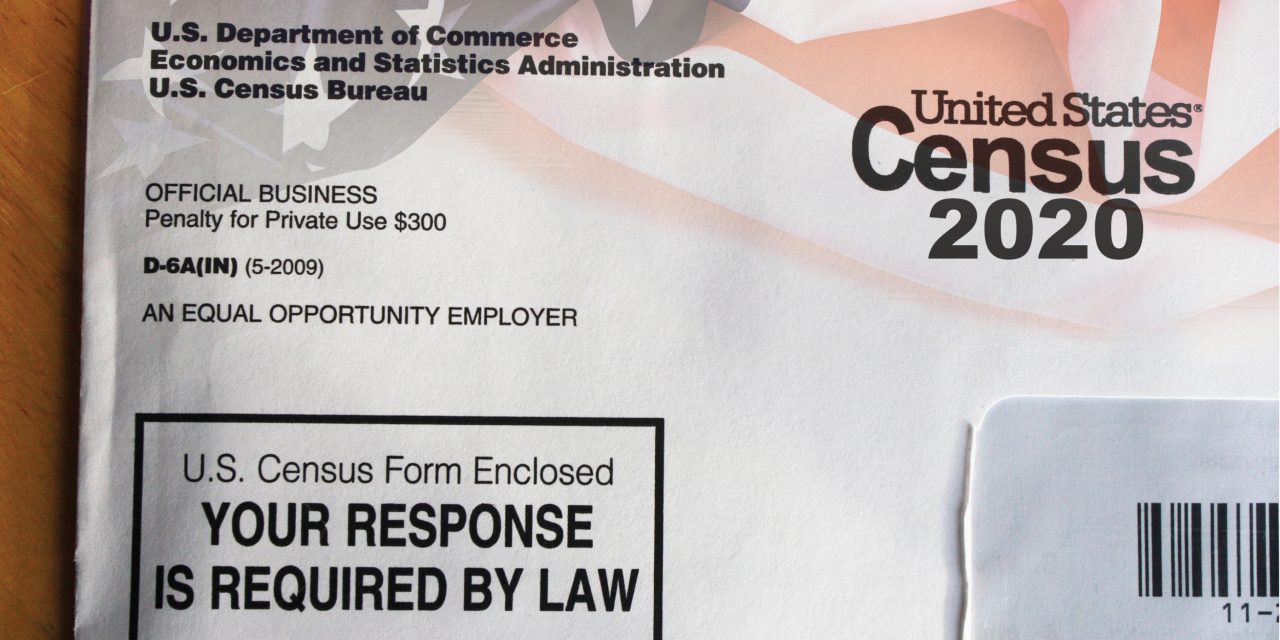Despite losing at the Supreme Court, the Trump administration still managed to ask nearly a quarter of a million U.S. households about the citizenship status of their household members.
That’s because the administration had already started mailing out its 2019 Census Test—a nationwide test used to inform the upcoming 2020 Census—two weeks before the Supreme Court made its ruling. In reaching its decision, the Supreme Court effectively barred the inclusion of a citizenship question in the 2020 Census. Such a question can appear on the Census, but the Court said the government failed to offer a suitable justification for adding it now.
Yet the question had already been included in some versions of the 2019 Census Test. The Census Bureau wanted to gauge how it would impact the response rates of the near-250,000 households that received it.
If fewer people responded to the test that included the question than tests that did not, the bureau could change their strategy. The bureau could hire more census takers to conduct in-person interviews to compensate for fewer people filling out and mailing in the 2020 Census form.
This became a moot point on June 27 when the Court ruled against the Trump administration. The Court said the government’s justification for including a citizenship question—to enforce the Voting Rights Act—was “contrived.”
Rather, the question was a “pretext” for a politically-motivated attempt to scare immigrant households into not answering the Census. As a result, communities with large immigrant populations would lose political representation during the next round of congressional redistricting. They would also suffer from cuts to public funds for roads, schools, hospitals, and health care that are dependent on population size.
But by the time this ruling came down, the Census Bureau had already started mailing out its 2019 Test—complete with citizenship question. Although the Test went to relatively few people compared to those who will receive the 2020 Census, it is unclear how the inclusion of the citizenship question will affect respondents.
Will it sow fear and confusion in immigrant communities ahead of the 2020 Census? Just as importantly, what is the Census Bureau going to do with the responses it receives from those households that completed and returned the Test?
FILED UNDER: featured, Supreme Court


